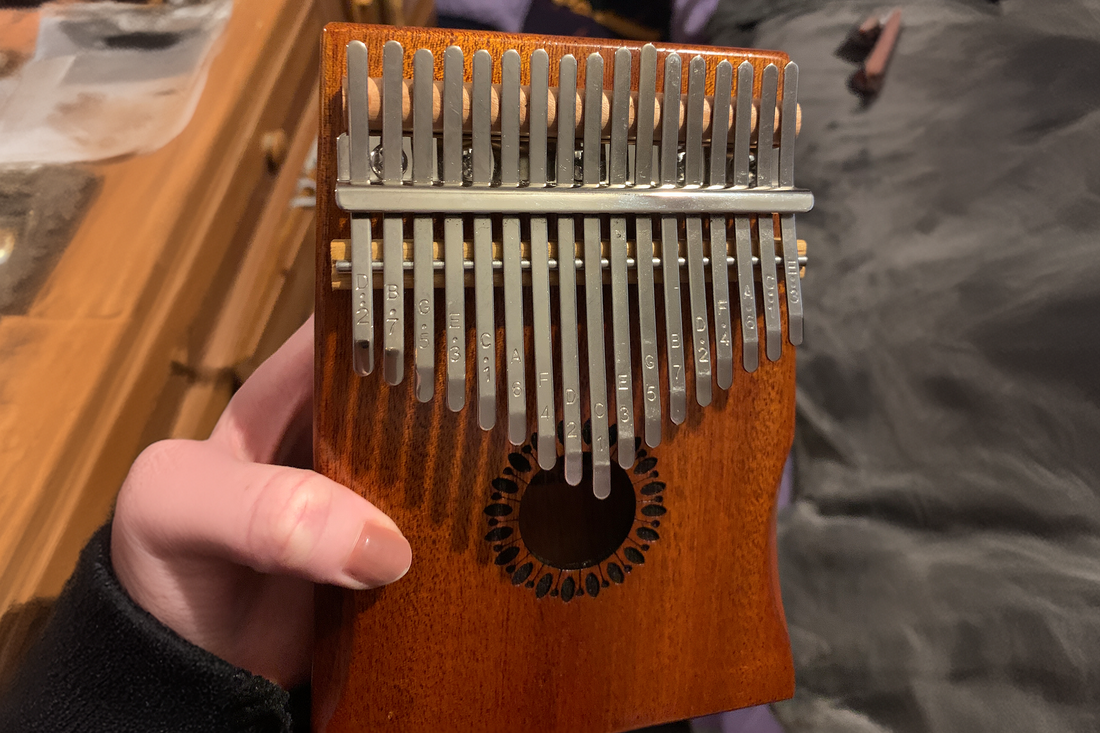
Finding Comfort Far from Home
Share
The day I start my university journey in Sydney felt like the longest day of my life. My family came to the airport to say goodbye—my mom smiling bravely, my dad giving me kind words of encouragement, and my younger brother trying to look calm, but I could tell he was close to tears. As I hugged them goodbye, my excitement about going abroad started to mix with a growing worry. I had never been so far from home before. The thought of living on the other side of the world, away from everything I knew, filled me with a feeling of fear I couldn’t shake off.
The flight was long, and my mind was full of questions and worries. Would I be able to fit into this completely new place? Would I make friends? Would I be able to communicate well enough to feel understood? By the time I landed in Sydney, the bright lights of the airport and the unfamiliar sounds of English all around me made me even more nervous. It felt like I had stepped into a different world, one that was moving too fast for me to keep up.
The Weight of Loneliness
The first few weeks were the hardest. I moved into my dorm room, a small but cozy space with a window that looked out at the busy streets of Sydney. I decorated it with a few pictures from home—my family, my friends, and my dog. I tried to make it feel like a place I belonged, but the truth was, I felt completely out of place. The other students seemed so confident, so comfortable in this new environment. They spoke English easily, laughed a lot, and seemed to know what they were doing. Meanwhile, I was struggling to find my way to the lecture halls without getting lost.
I missed home terribly. I missed the smell of my mom’s cooking, the sound of my brother playing video games in the next room, and even the way my dad would insist on morning walks that used to annoy me. Everything that was familiar felt so far away, and I often found myself lying awake at night, staring at the ceiling, feeling the weight of loneliness settle heavily on my chest.
One day, as I was unpacking the last of my bags, I found a small box that my mom had tucked in without me noticing. Inside was a Newlam kalimba—a beautiful, small thumb piano made of wood, with shiny metal tines. There was a note attached: “For the moments when you feel alone. Let the music remind you of home.” My eyes filled with tears as I held the kalimba in my hands. I had seen kalimbas before, but I had never played one. It was such a simple, thoughtful gift, and I could almost hear my mom’s voice encouraging me to give it a try.
The First Notes
That night, after another long day of classes and awkward interactions, I sat by the window with the kalimba. I watched the city lights flicker in the distance, feeling small in this huge new world. I took a deep breath and plucked one of the tines. The note that filled the room was soft, clear, and surprisingly soothing. It was like the sound cut through all the noise in my mind, bringing a sense of calm I hadn’t felt in weeks.
I started plucking more tines, experimenting with different notes, letting the melody come naturally. There was no right or wrong, no pressure to get it perfect. It was just me, the kalimba, and the gentle music that filled the quiet of my room. Each note seemed to carry away a bit of my worry, replacing it with something lighter, something peaceful.
Playing the kalimba became my safe space. Whenever the world outside felt too overwhelming, I would pick it up and let my fingers glide over the tines, creating melodies that echoed softly in my small dorm room. It didn’t matter that I didn’t know any songs; just playing was enough. It was a way for me to express my feelings, a way to find comfort when everything else felt uncertain.
A Bridge to Connection
One afternoon, I decided to take the kalimba with me to the university’s common area. It was a bright, sunny day, and I thought that maybe being outside, surrounded by other students, might make me feel a little less alone. I found a quiet spot under a tree, away from the crowds but close enough to feel like I was part of campus life. I took out the kalimba and began to play, letting the notes mix with the rustling of leaves and the distant chatter of students.
I wasn’t playing anything in particular—just a simple, flowing melody that felt right at the moment. I closed my eyes, letting the music wash over me, when suddenly, I heard a voice.
“That sounds beautiful. What is that?”
I looked up, startled. A girl stood a few feet away, her expression friendly and curious. She had a backpack slung over one shoulder and a notebook in her hand. I felt my cheeks flush, a mix of embarrassment and surprise.
“Oh, um, thank you,” I said. “It’s a kalimba. It’s kind of like a thumb piano.”
She smiled and sat down on the grass next to me. “I’ve never seen one before. Can I listen for a bit?”
I nodded, my initial nervousness slowly fading away. I continued to play, and she listened, her eyes closed, a soft smile on her face. When I finished, she introduced herself as Polisen, a fellow freshman who had also moved from far away, to be exact. We talked for a while, sharing our experiences of being so far from home, the challenges of adjusting to university life, and the little things we missed about our families. It felt good to talk to someone who understood, someone who was going through the same struggles.
From that day on, Polisen and I started meeting regularly. Sometimes we would study together, other times we would just sit and talk. And often, she would ask me to bring the kalimba. She said the music made her feel calm, that it reminded her of home in a way she couldn’t quite explain. I understood exactly what she meant. The kalimba had a way of reaching the parts of us that words couldn’t—a quiet comfort that we both needed.
Finding a Community
Word about the kalimba started to spread, and soon, a few other students began to join us. There was Xiaohuan, who was from China and missed her family terribly; Alex, who was from a small town in the UK and found the city overwhelming; and Priya, who was from India and was struggling with homesickness just like the rest of us. We were all from different parts of the world, each of us carrying our own worries and fears, but the kalimba brought us together.
We started gathering under the same tree every week, a small group of friends united by a shared love for the calming music of the kalimba. Sometimes, I would play, and other times, I would teach them how to play. We would take turns, each of us creating our own melodies, laughing at our mistakes, and celebrating when we managed to play something that sounded halfway decent.
The kalimba became a symbol of our connection—a reminder that even in a place that felt strange and unfamiliar, we could find pieces of home in each other. The music we made was simple, but it was ours, and it filled the space between us with warmth and understanding.
The Power of Music
As the months went by, my anxiety began to ease. I no longer felt as overwhelmed by the busy city or the demands of university life. I had found my rhythm, a balance between my studies, my new friends, and the moments of quiet that I still cherished. The kalimba was always there, a steady presence that I could turn to whenever I needed it.
Playing the kalimba taught me the power of simplicity. In a world that often felt chaotic and overwhelming, the gentle, simple notes of the kalimba were a reminder that peace could be found in the smallest of things. It didn’t take much—just a few minutes of playing, a few notes put together, and the world seemed to slow down, the noise fading away.
It also taught me the power of being open. Bringing the kalimba out into the open, letting others hear me play, was not something that came easily to me. I was afraid of being judged, of making mistakes, of not being good enough. But what I found was that people weren’t looking for perfection. They were looking for connection, for something real. The kalimba allowed me to share a part of myself, and in doing so, it opened the door for others to do the same.
A New Beginning
Now, as I look back on those first few months in Australia, I can hardly believe how much has changed. The girl who arrived in Sydney, anxious and unsure, feels like a different person from the one I see in the mirror today. I’ve grown in ways I never imagined, and so much of that growth has come from the simple act of playing the kalimba.
The kalimba has become more than just an instrument—it’s a reminder of my strength, of my ability to adapt and find beauty even in the hardest of times. It’s a reminder that even when I feel lost, I can create something beautiful, something that brings joy not only to myself but to those around me.
And it’s a reminder that I am not alone. No matter how far from home I may be, there are always ways to connect, to find comfort, to build a community. The friends I’ve made, the music we’ve shared, the memories we’ve created—they have all become a part of my story, a story that began with a single note plucked on a kalimba.
